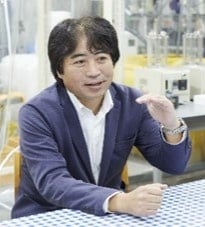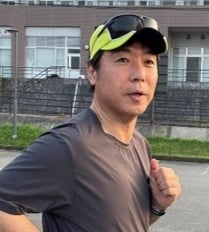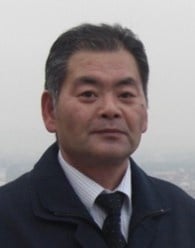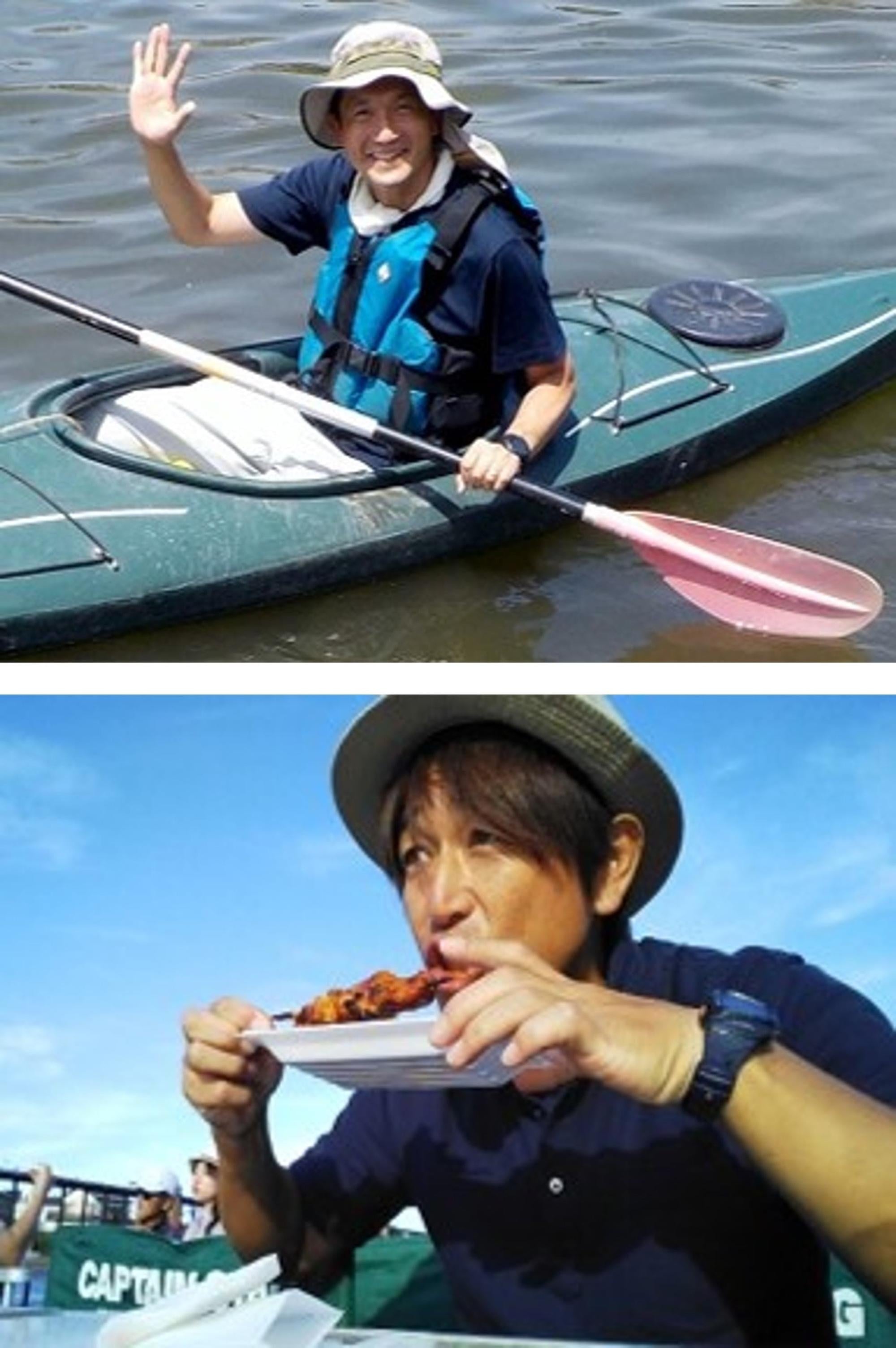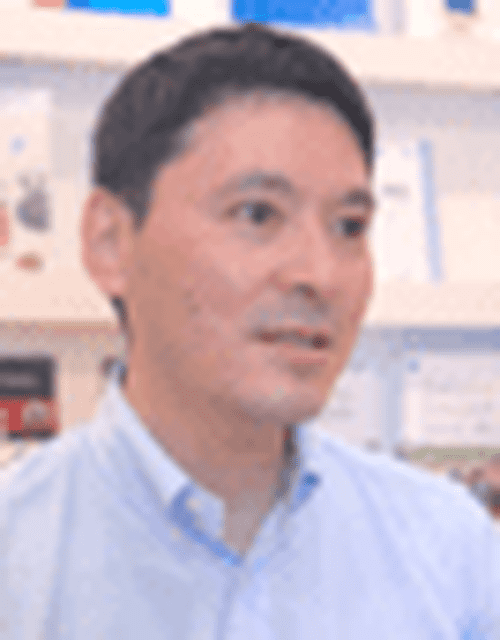Gray water (GW, domestic wastewater except toilet wastewater) is one of the big pollutant sources of water environment as well as Black water (BW, toilet wastewater). In this workshop, we would like to discuss on the Social Benefit derived from GW treatment, taking Johkasou spread in Japan as an example.
In addition, we would like to focus on what kind of benefit are brought to the public by treating the GW, and what kind of regulations / subsidies are provided by the central / local government to conserve the good water environment (cases from Japan and Vietnam).


